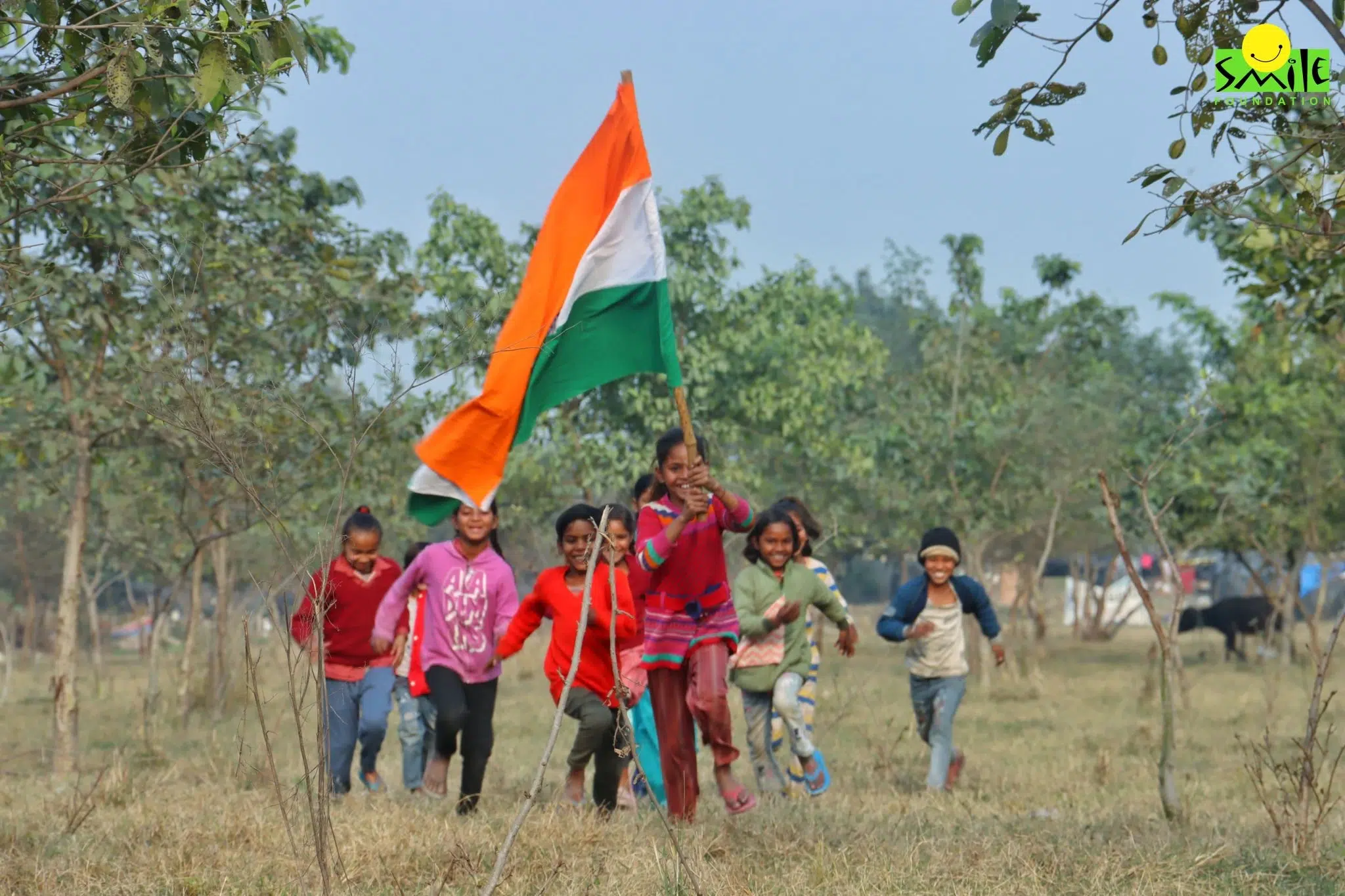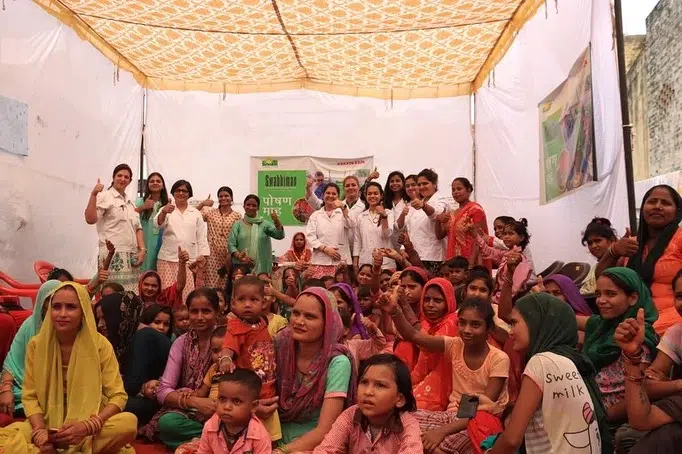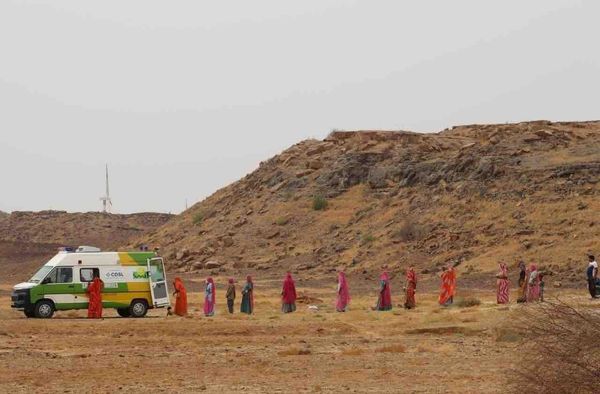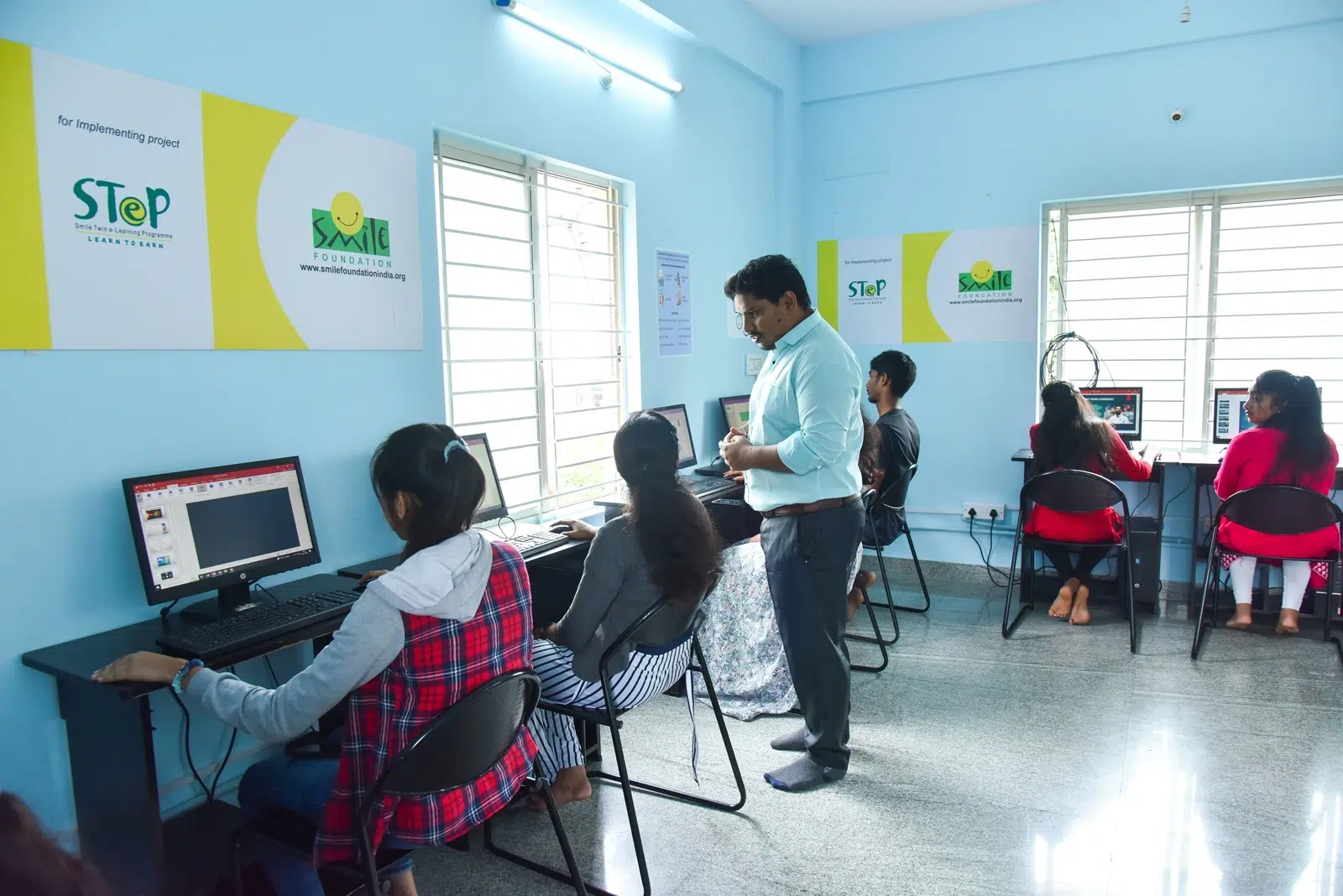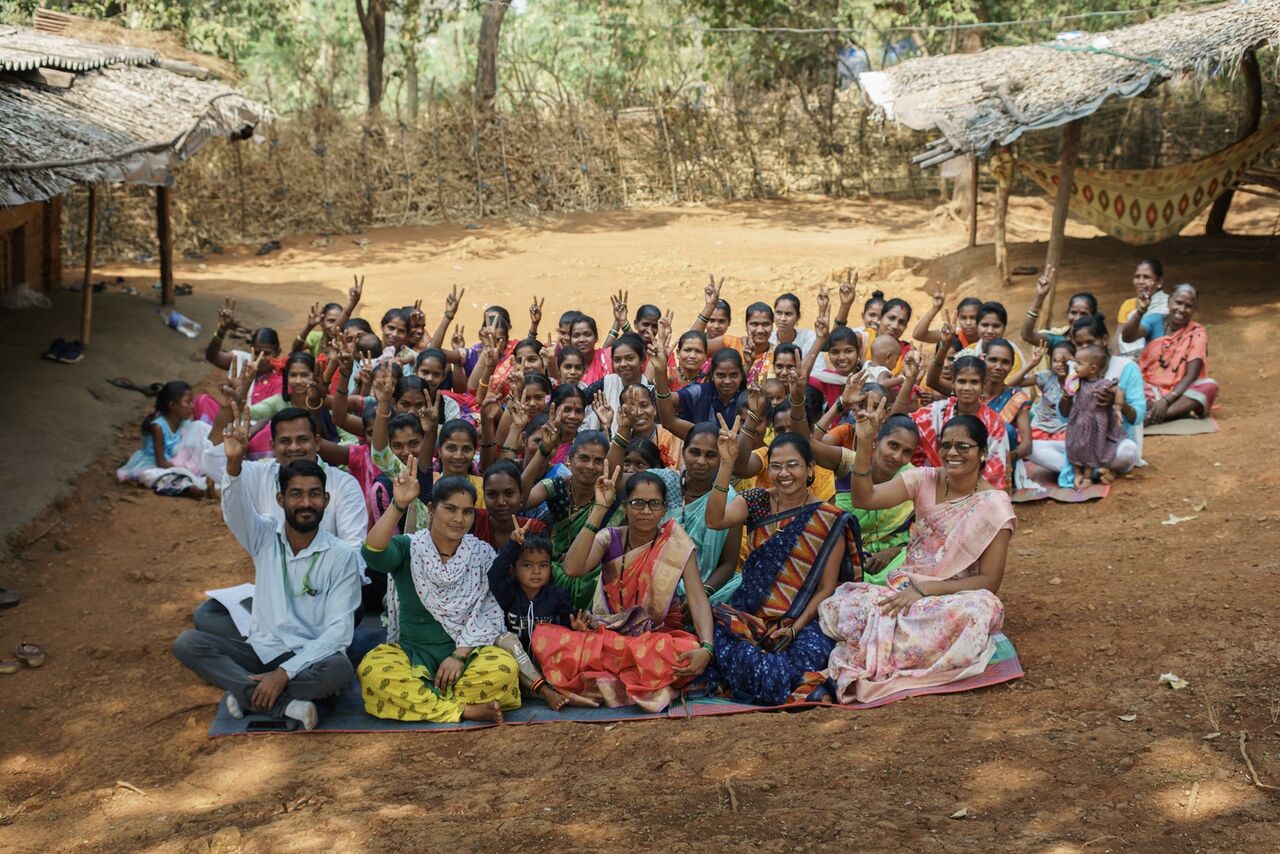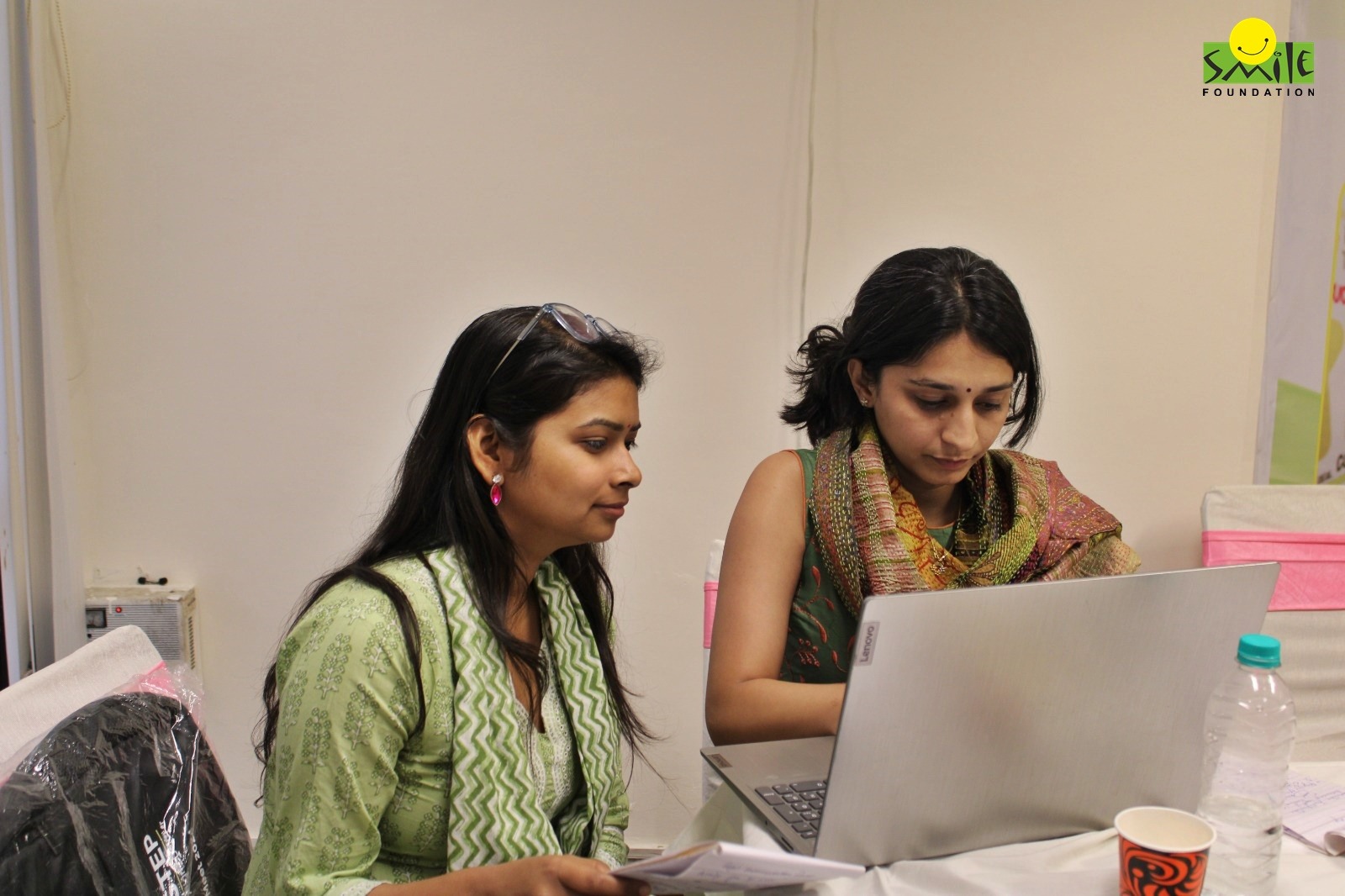According to data compiled by the Income Tax Department, the number of women who file income tax returns in India has increased by a whopping 25.3% over the past four years, from 1.83 crore in the 2019-20 assessment year to over 2.29 crore in the 2023-24 assessment year.
Women are increasingly asserting their financial independence by dismantling traditional roles and rewriting societal norms. This transition is aiding women in achieving financial stability and safety. Access to resources and opportunities enables women to make autonomous financial decisions. Employment possibilities, access to finance and property rights have facilitated women’s financial independence.
The data indicate that Maharashtra recorded the highest number of women ITRs, while Gujarat ranked second in terms of growth. Uttar Pradesh secured the third position demonstrating a significant growth during the same period. Jammu & Kashmir and Mizoram, experienced a significant increase in the number of women submitting income tax returns from 2019-20 to 2023-24. Mizoram experienced a 96% rise reaching a total of 2,090, while Jammu and Kashmir saw a 49.2 percent growth, totalling 117,514.
Breaking Barriers for Financial Independence
Despite numerous challenges, women are successfully breaking the barriers. The increasing number of working women indicates that they possess a capacity to improve their lives. They possess significant influence over their career, profession and lifestyle choices, demonstrating a decreasing reliance on male authority.
The rapid expansion of technology-enabled opportunities is a significant trend that provides new avenues for women’s empowerment. The emergence of the internet and mobile technology has facilitated women’s access to education, information and markets. E-commerce platforms, online marketplaces and digital content creation have enabled women to establish their own businesses and access a broader audience. The growth of social entrepreneurship is an emerging trend that utilises business models to tackle social and environmental issues. Women are increasingly leading in social entrepreneurship, employing creative approaches to establish sustainable enterprises that support their communities.
The Indian government has acknowledged the significance of skill development for women and launched a variety of programmes and policies to encourage it. Vocational training and certification programmes are offered in a diverse array of sectors through initiatives like the Pradhan Mantri Kaushal Vikas Yojana (PMKVY) and the National Skill Development Mission (NSDM). The National Skill Development and Policy is dedicated to the development of inclusive skills with the goal of enhancing economic productivity by increasing the participation of women.
Factors Driving Change
Economic Expansion
India’s rapid economic expansion has generated a variety of employment opportunities in both urban and rural regions. Women are increasingly entering diverse professional fields, including IT, finance, healthcare and manufacturing, which were traditionally male-dominated.
Access to Digital Resources
The rise of online platforms and mobile applications has enhanced the accessibility and user-friendliness of tax filing. Women in remote areas are now able to independently manage their finances and file returns, promoting financial accountability.
Support Systems
The emergence of remote work models, access to childcare services and mentorship programs designed for women professionals have facilitated the pursuit of careers while managing family responsibilities. These systems promote women’s engagement in the labour market.
Transforming Social Norms
Societal attitudes regarding working women and entrepreneurs are changing, reflecting greater acceptance and support from families and communities. This transition enables women to pursue lucrative careers or confidently initiate their own enterprises.
Looking Forward
To continue this trend, some efforts that can be taken and reinforced include financial literacy programmes, supporting government and private sector activities and removing structural hurdles. Financial literacy programmes are vital for providing women with the knowledge and skills they need to handle their finances properly. These seminars can address topics such as budgeting, saving, investing and tax filing, allowing women to take control of their finances and make informed career and business decisions.
Initiatives like women-focused skill development programmes, mentorship opportunities and leadership training can assist close the gender gap in the workplace. The government and business sector can also offer incentives, such as grants or subsidies, to help women entrepreneurs succeed. Addressing systemic impediments such as salary inequality, limited financing availability and workplace discrimination is critical for attaining gender equity and encouraging women to pursue careers. Policies that guarantee equal pay for equal labour, give maternity benefits and allow for flexible work arrangements can foster a climate in which women can advance their careers without undue constraints.
Women must understand that occupations transcend gender; the key determinants are a person’s talents, knowledge, and dedication. Challenges are inherent in any career, but by leveraging resources, education, upskilling and learning from failures, women may reach new heights.
Smile Foundation’s Swabhiman programme is all about empowering women from low-income communities. It focuses on providing better nutrition, healthcare and opportunities for earning a livelihood. By offering services like reproductive health support, nutrition programs, and training in entrepreneurship and digital financial skills, Swabhiman helps women become more aware, skilled and financially independent. This approach not only boosts their self-respect but also encourages them to seek necessary healthcare and drive positive changes in their communities.
Similarly, Tayyari Kal Ki is designed to help young people, aged 18 to 32, by providing training and skills development to improve their job prospects. Through vocational training and capacity-building activities, the programme aims to make youth more employable and economically independent. This initiative addresses unemployment and contributes to community development by creating a skilled workforce ready to meet job market demands.
Both programmes play a crucial role in enabling women to secure their own livelihoods, fostering economic independence and contributing to the creation of a gender-responsive society. By focusing on skill development, healthcare access and financial literacy, Swabhiman and Tayyari Kal Ki empower women and youth to overcome socio-economic challenges and build better futures for themselves and their communities.




